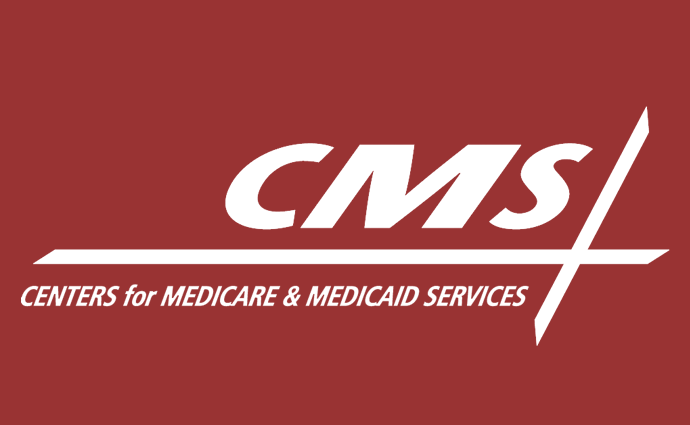CMS Considers Stark Law Changes to Support Value-Based Care, APMs
Stakeholders can submit their suggestions on how to modify the physician self-referral law, or Stark Law, to support value-based care and alternative payment model participation.

Source: Xtelligent Media
- CMS is seeking input on how to potentially modify the physician self-referral law, otherwise known as the Stark Law, to encourage value-based reimbursement and care delivery.
In a new Request for Information (RFI), the federal agency is calling on stakeholders to describe how the Stark Law hinders care coordination and, therefore, participation in alternative payment and care delivery models.
“Removing unnecessary government obstacles to care coordination is a key priority for this Administration,” Deputy HHS Secretary Eric Hargan stated in a press release. “We need to change the healthcare system so that it puts value and results at the forefront of care, and coordinated care plays a vital role in this transformation.
“Reviewing the Stark Law regulations is an important step forward to building a value-based system, which is one of Secretary Azar’s priorities at HHS. I am personally leading our recently launched Regulatory Sprint to remove barriers and help providers deliver the best team-based care. We welcome public input to get us there.”
The physician self-referral law from the late 1980s prohibits Medicare providers from making referrals for designated health services payable by Medicare to an entity with which they, or immediate family members, have a financial relationship.
Under the Stark law, providers also cannot bill Medicare for referred services resulting from an illegal referral.
While the law aims to protect Medicare and its beneficiaries from unnecessary utilization and fraud, many stakeholders have argued that the physician self-referral restrictions have not held up over time.
Specifically, stakeholders, including HHS, have questioned if the physician self-referral law aligns with value-based care and alternative payment models.
The healthcare industry is on track to transition from fee-for-service to value-based reimbursement over the next couple of years. HHS itself anticipates 90 percent of Medicare fee-for-service payments to be linked to quality and one-half of the payments to be under an alternative payment model by the end of 2018.
However, the Stark Law may hinder the healthcare industry’s achievement of these goals, groups like HHS and the American Hospital Association (AHA) have argued. Physician self-referral prohibitions prevent providers from forming relationships that benefit care coordination because providers cannot bill Medicare for such services.
“Although we expect that some arrangements may be structured to satisfy the requirements of an applicable exception to the physician self-referral law and not violate the Federal anti-kickback statute, the fraud and abuse laws may serve as an impediment to robust, innovative programs that align providers by using financial incentives to achieve quality standards, generate cost savings, and reduce waste,” HHS stated in 2017.
While Stark Law exceptions exist, relying on a patchwork of exceptions is not ideal and still hinders value-based care and reimbursement success, the AHA added.
“Hospitals and physicians should not have to spend hundreds of hours or thousands of dollars in hopes of stringing together components from the existing exceptions and safe harbors or developing inefficient work-arounds to achieve the goals of APMs [alternative payment models],” the organization explained.
In light of these concerns and the federal agency’s push to transition to value-based reimbursement, CMS is starting the process of potentially modifying the Stark Law to promote more robust participation in alternative payment and care delivery models.
The federal agency specifically wants to know what type of arrangements providers participate in for alternative payment models and what revisions to the law or exceptions are needed to foster these arrangements.
“We are looking for information and bold ideas on how to change the existing regulations to reduce provider burden and put patients in the driver’s seat,” stated CMS Administrator Seema Verma. “Dealing with the burden of the physician self-referral law is one of our top priorities as we move towards a health care system that pays for value rather than volume.”
CMS will accept public comments on the RFI until August 24, 2018.
